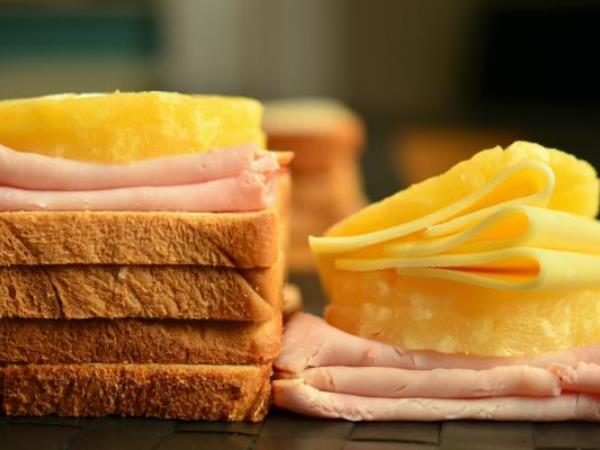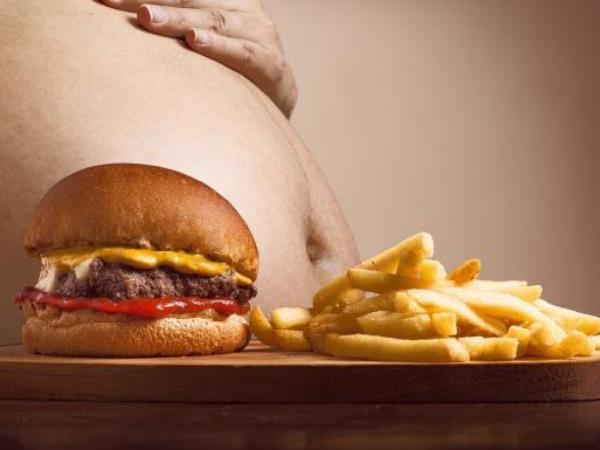How do fats affect the absorption of vitamins?
Fats are essential for the body as they help with the absorption of fat-soluble vitamins such as A, D, E, and K. However, an excessive amount of unhealthy fats, such as saturated and trans fats, can have the opposite effect - reducing the absorption of other key water-soluble vitamins such as vitamin C and the B group.
Research shows that a diet high in saturated fats (found in fast food, butter, fried foods, and processed meats) can reduce the body's vitamin C levels by up to 20-30%. Vitamin C is crucial for collagen production, which maintains the firmness and elasticity of the skin. A lack of collagen leads to quicker skin aging, wrinkle formation, and sagging.
The connection between diet and skin health
Consuming food high in fats can lead to consuming less vegetables and fruits since such food makes us feel full faster. Consequently, there may be a lack of essential nutrients crucial for healthy skin:
- Zinc - plays a vital role in wound healing, reducing inflammation, and regulating sebum production (skin oil). Zinc deficiency can lead to acne and dry skin.
- Vitamin A - aids in skin cell renewal. Its deficiency can cause dry and flaky skin.
- Vitamin E - a potent antioxidant that protects the skin from sun and pollution damage.
- Omega-3 fatty acids - help reduce inflammation in the body, which is beneficial for conditions like eczema and skin redness.
A study published in the Journal of the American Academy of Dermatology showed that people who consume a diet rich in omega-3 fatty acids (found in fish, flaxseeds, and walnuts) have fewer issues with acne and dry skin compared to those who consume a lot of saturated fats.
Fats and hormonal balance
A diet high in unhealthy fats can also affect hormones, which often reflects on the skin. Eating a lot of greasy food can lead to an increase in insulin levels, affecting hormones like testosterone and estrogen. This increase in sebum production can result in oily skin and an increased risk of acne.
Studies have shown that people who frequently consume fast food have a 54% higher risk of developing severe acne compared to those who maintain a balanced diet rich in vegetables and healthy fats.
Finding the right balance
This doesn't mean you have to completely eliminate fats from your diet. The key is choosing healthy sources of fats, such as:
- Avocado - contains healthy monounsaturated fats that help keep the skin moisturized.
- Nuts and seeds - rich in vitamin E and omega-3 fatty acids.
- Fatty fish (salmon, sardines, mackerel) - contain omega-3 fatty acids that reduce inflammation.
- Olive oil - a good source of antioxidants that protect the skin from premature aging.
Consuming fatty foods is not inherently bad, but it's important not to overindulge in saturated and trans fats and ensure an adequate intake of vitamins and minerals. A diet rich in fresh fruits, vegetables, healthy fats, and proteins will promote radiant, healthy skin and overall well-being. If you want to improve the quality of your skin, reduce processed food intake and increase the intake of nutrients your body truly needs.










 Would you like to be informed about news on the website?
Would you like to be informed about news on the website?

